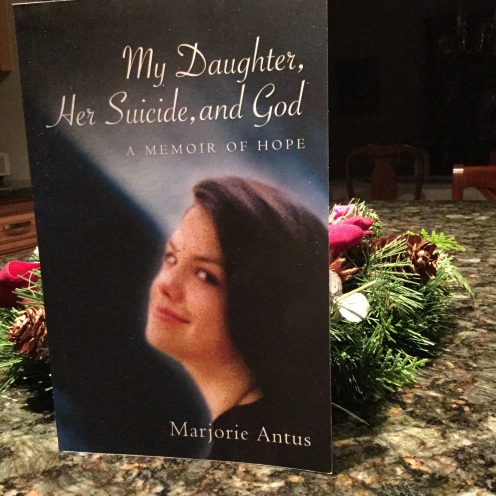 As if the suicide of a loved one weren’t traumatic enough, the bereaved even today find themselves contending with subtle forms of stigma such as “blame being cast upon [them] and [their] being subjected to informal isolation and shunning” sociologist William Feigelman states.
As if the suicide of a loved one weren’t traumatic enough, the bereaved even today find themselves contending with subtle forms of stigma such as “blame being cast upon [them] and [their] being subjected to informal isolation and shunning” sociologist William Feigelman states.
Simply put, stigma is a mark of disgrace, a stain or reproach, a set of unfair beliefs. For nearly two millenia in the Western world, stigma has attended the act of suicide and shadowed the families of those who die by suicide.
In 2009, Feigleman joined Bernard Gorman and John Jordan in studying the ways in which stigma affects parents of children (age 16-35) who die by suicide. More than half reported receiving harmful rather than helpful responses from one or more family members after the suicide. About one third reported harmful responses from someone outside the family.
A majority of the parents in the study commented on the avoidance they had experienced: “Friends or family didn’t call me afterwards” and “People who I thought would be at the funeral or send a sympathy card didn’t show any acknowledgment of the death.”
A majority of parents received unhelpful advice: “It’s time to move on” and “Are you still going to that support group?”
A majority noticed an absence of caring interest: “No one asked me how I was feeling afterwards” and “If I started talking about my lost child, they quickly changed the subject” and “People just passed over my tragedy as if my child never existed.”
“What makes these stigmatizing experiences so irksome,” Feigleman adds, “is the expectations survivors have of gaining support and solace from close family and social intimates. Who else should be able to readily understand their personal devastating tragedies?”
I was fortunate to have outstanding family support after my teenage daughter Mary died by suicide in 1995. I haven’t had to avoid family members or teach them how to treat me better, both of which proposals Feigleman sets forth as a mental health measure for the stigmatized. (www3.ncc.edu/faculty/soc/feigelb/stigmashorterversion.pdf)
What I do recommend from experience is education. Knowing that our lives have been utterly and unfairly altered forever, we suicide bereaved can fortify ourselves and combat stigma by learning about the mental illnesses that underlie nine of ten (approaching ten of ten) suicides.
The National Alliance on Mental Illness is a great place to start (NAMI.org). Its information is accurate and its nationwide community programs are offered free of charge.
